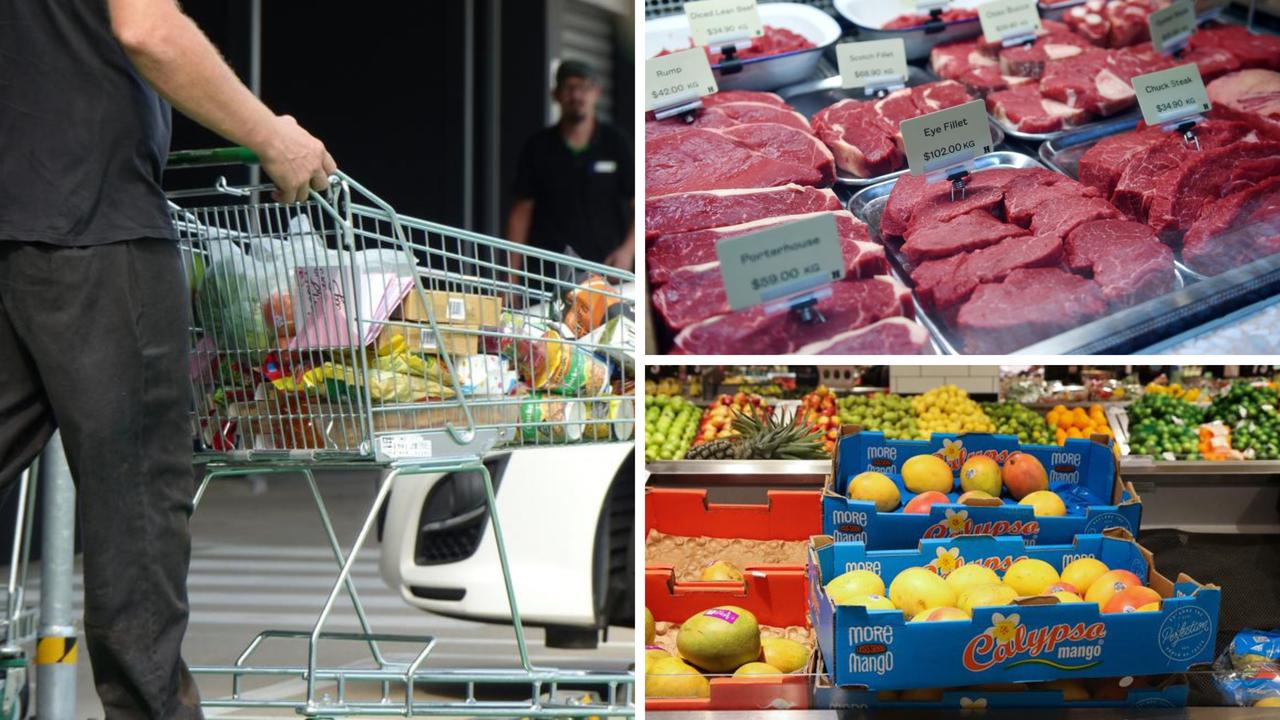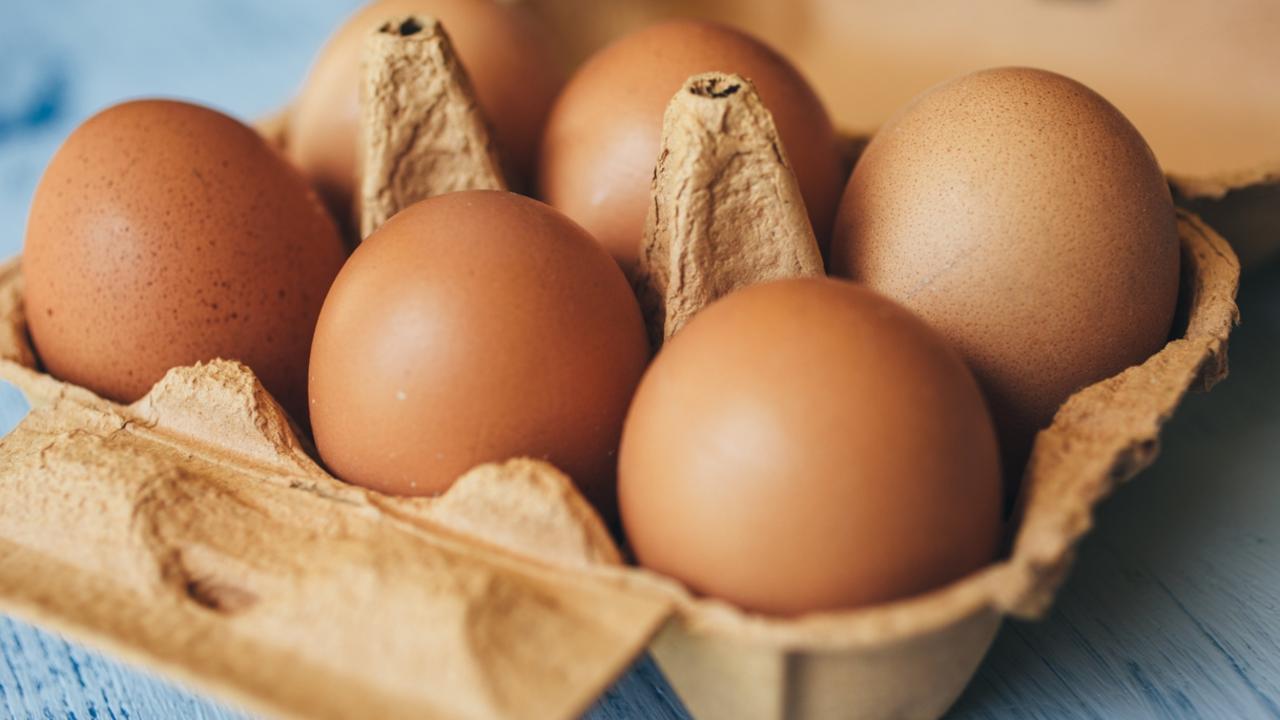Research reveals Australian supermarket shelves full of dangerous processed junk food
WE ALL know to try and avoid sugary items like biscuits or cakes when grocery shopping. But the list of things to avoid is a lot longer.

OUR supermarket shelves are full of products that are making us fat and sick.
That is the grim warning from researchers in a new study that has analysed what’s on the supermarket shelves in Australia and what the worst culprits are.
Six out of 10 Australian packaged foods are highly or ultra-processed, more than half are discretionary or junk foods and just one third are healthy, according to the latest work by The George Institute for Global Health.
The authors said Australians deserved healthier options and urgent action was needed to improve the nutritional make-up of packaged foods.
Lead researcher Michelle Crino said Australia’s packaged food environment was full of foods laden in sugar, fat and salt that are also highly processed.
“It’s not just a few packaged foods that we need to be aware of,” she said.
“Our supermarket shelves are full of products that are making us fat and making us sick.”
The researchers examined more than 40,000 packaged food items ranging from breads, to sauces, confectionary, canned foods, oils and dairy products.
They determined their Health Star Rating (HSR), whether they were core or discretionary products and the extent of their processing.
They also looked at the proportion of foods meeting reformulation targets for sodium, saturated fat and sugar.
HERE’S WHAT THEY FOUND:
- 53 per cent of the Australian packaged food supply is comprised of discretionary products — energy dense and nutrient-poor foods such as sweetened soft drinks/cordials/flavoured waters, biscuits, chocolate, meat pies, butter and salty snacks.
- Just 47 per cent are considered core foods — including fruit and veg, legumes, nuts and seeds, cereal grains, lean meats, fish and dairy products — which the Australian Dietary Guidelines say should make up the majority of our diet.
- Of the 40,664 products analysed just over a third (38 per cent) had an HSR of 3.5 or higher, which usually indicates a basic level of healthfulness.
- 61 per cent were found to be ultra-processed, 18 per cent moderately processed and 21 per cent less processed foods.
- Almost all (98 per cent) convenience foods — including ready-to-eat meals, pre-prepared sauces or dressings, canned or processed meats, frozen meals and desserts — fell in the ultra-processed category.
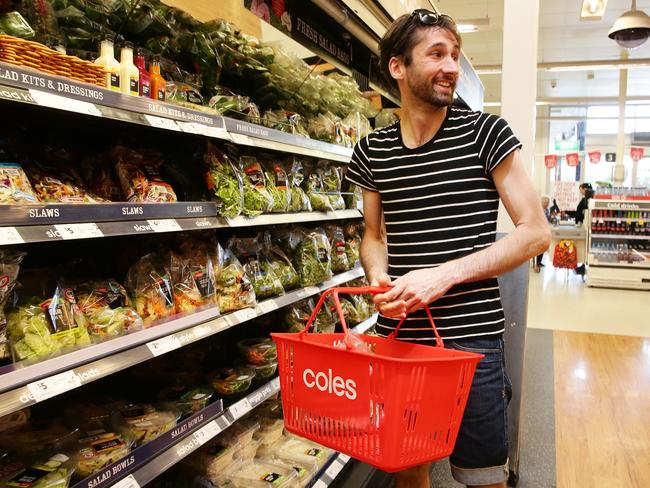
These were the worst culprits with a health rating of 3 or less:
— Biscuits
— Sugary breakfast cereals
— Cakes, muffins and pastries including cake mixes
— Cereal and nut-based bars (muesli bars, snack bars, protein bars, fruit-based bars)
— Chocolate and sweets
— Ready-to-drink tea and coffee (Nescafe latte powders, iced teas)
— Crisps and snacks (cruskits, Twisties)
— Desserts (pre made mousses, crème caramel, frozen cheesecakes)
— Electrolyte drinks
— Energy drinks
— Fruit in syrup
— Ice cream and edible ices
— Mayonnaise and salad dressings
— Meal kits (taco kits)
— Noodles (two minute noodles)
— Pizza (frozen ready to eat pizzas)
— Processed meat (tinned/canned meat, salami, ham, sausages)
— Ready meals (frozen meals, pre-made quiches, pre-made pasta meals, pies (fresh or frozen)
— Pre-made sauces (includes table sauces tomato, BBQ, sweet chilli)
— pasta sauces and recipe mixes (pre-made gravy, butter chicken, cheesy cauliflower mix)
— Soft drinks
— Soup (dehydrated soup such as cuppa soup)
— Spreads and dips (specifically chocolate based spreads (Nutella), cheese spreads)
— Vegetables (specifically hash browns, potato gems, bubble and squeak type products)
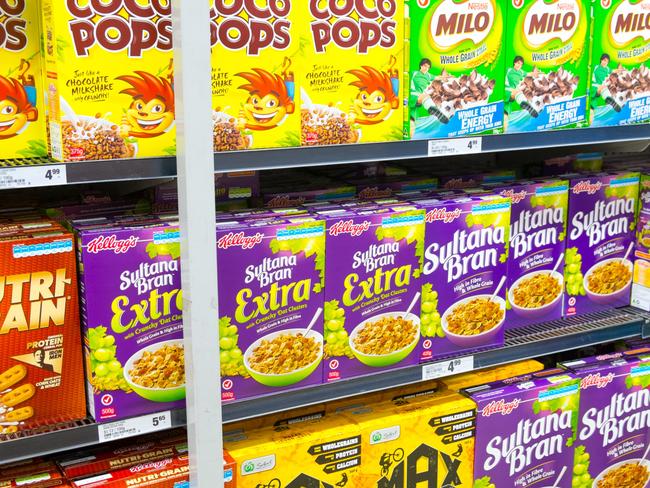
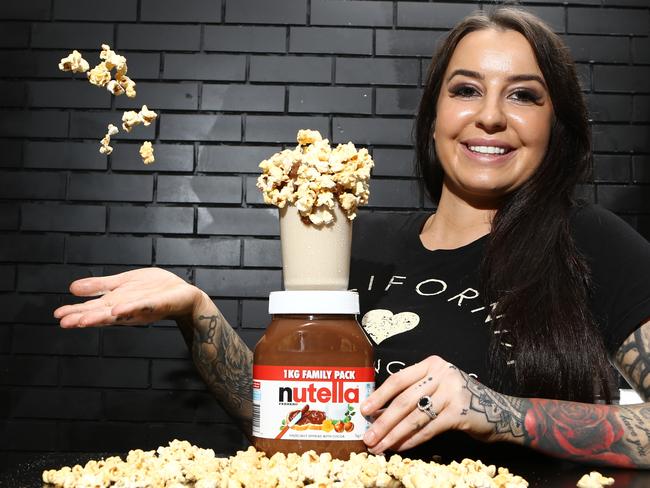
These are the healthier choice with HSRs greater than 3.5:
— Plain frozen fruit and vegetables
— Tinned/canned fruit vegetables not in syrup or with added sugar/salt
— Dried fruit
— Plain yoghurt
— Pre-prepared salads (including made up salads and bags of lettuce leaves)
— Pre made sandwiches
— Nuts and seeds (uncoated)
— Fresh fruit/vegetables
— Rice
— Unfilled pasta (spaghetti)
— Fresh meats
— Bread (not white bread, but other types)
— Popcorn (unsalted, unbuttered)
— Lightly salted legume snacks (lightly salted fava beans)
— Rolled oats
— Passata
— Cheese (ricotta, hard cheeses)
— Certain dips — hummus, eggplant dip, avocado dip (no added cream cheese)
— Milk
— Legumes — lentils, chickpeas, butter beans etc.
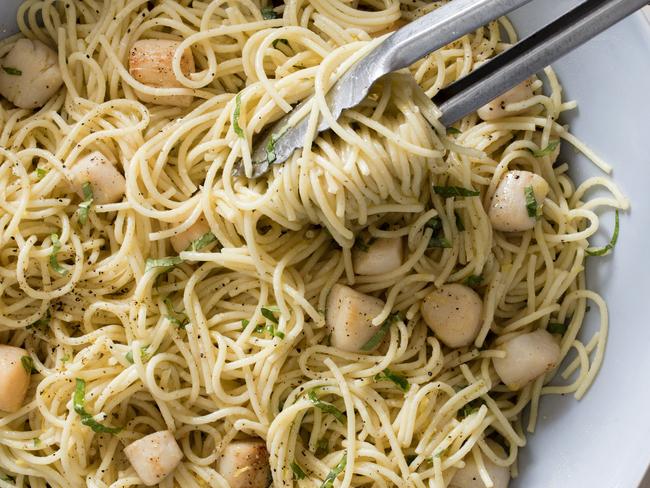
Professor Bruce Neal said shoppers were being bombarded with junk foods and it was little wonder we were in the midst of an obesity epidemic.
“It’s a sad reflection of the state of our food industry that half of all packaged foods are essentially junk foods that we should only be eating occasionally,” he said.
“We have to find a way to make junk food less profitable. Because what works for the industry’s bottom line is a disaster for the nation’s waistline.
“Industry tell us it’s all about personal choice and free will. But, Australians haven’t chosen to be obese — they’re obese because selling cheap, unhealthy food everywhere, all the time, is how industry profits are maximised.”
Professor Neal said we needed to work with government to find a balance between supporting industry, while also looking after our health.
“This doesn’t mean putting people out of business,” he said.
“It’s just a matter of nudging choices back towards healthier options — more fresh fruit and veg in the aisles, better labelling so people know what to choose and checkout counters without the junk food.
“We also need manufacturers to stop adding so much salt, sugar and harmful fat during processing.”
The Australian Healthy Food Partnership is currently developing updated salt, fat and sugar targets.
It is hoped the latest research could be used to help identify key product categories where public health action is most needed.
“We found that just half of packaged foods had targets for salt reduction and a good third of these hadn’t met them,” Ms Crino said.
“And less than one per cent of all packaged foods items had to meet any saturated fat targets. There is a clear gap where public health intervention is required.”



